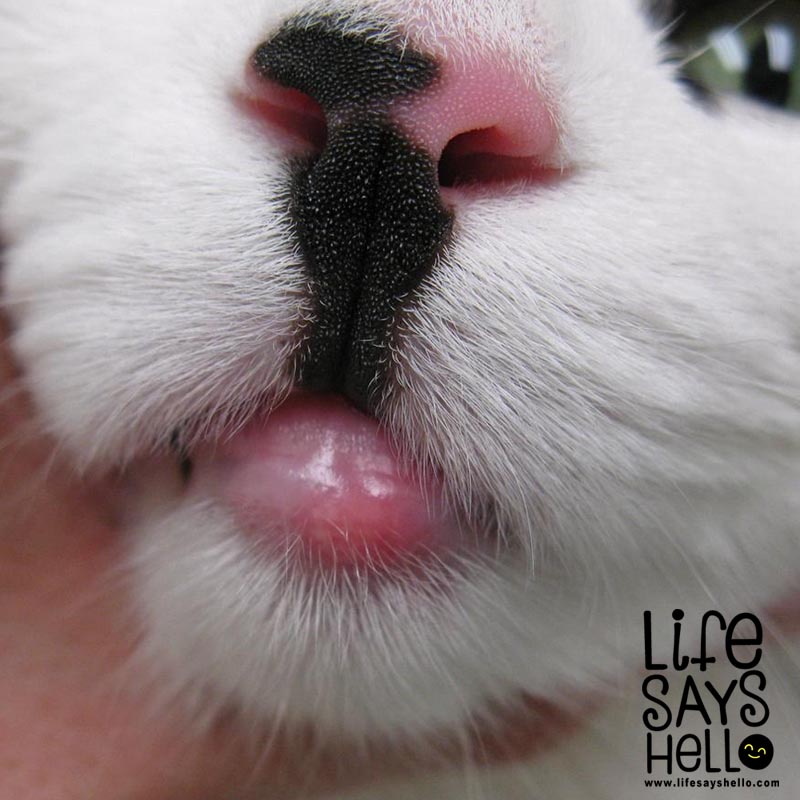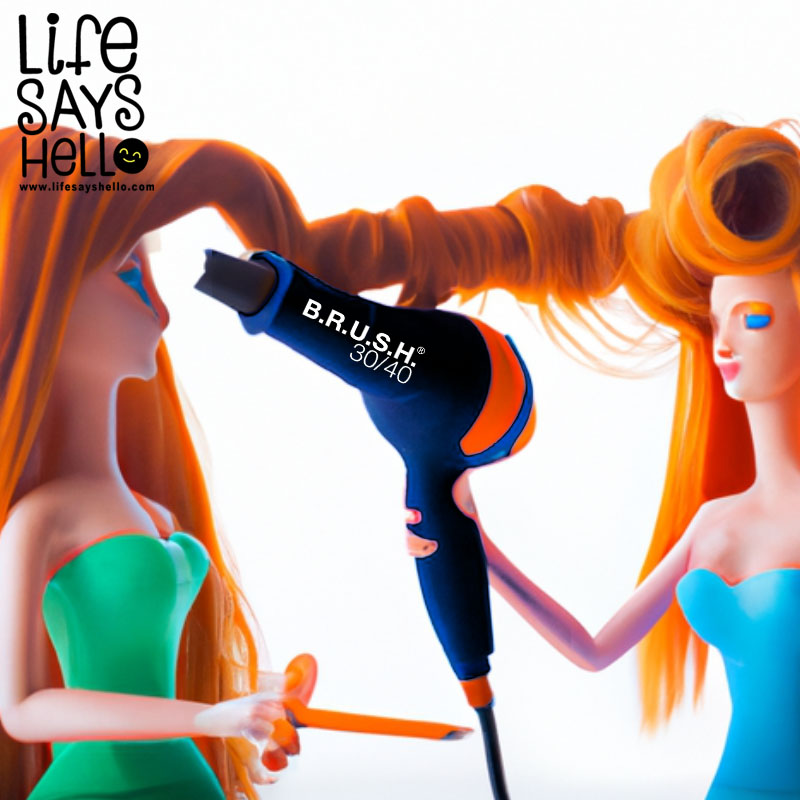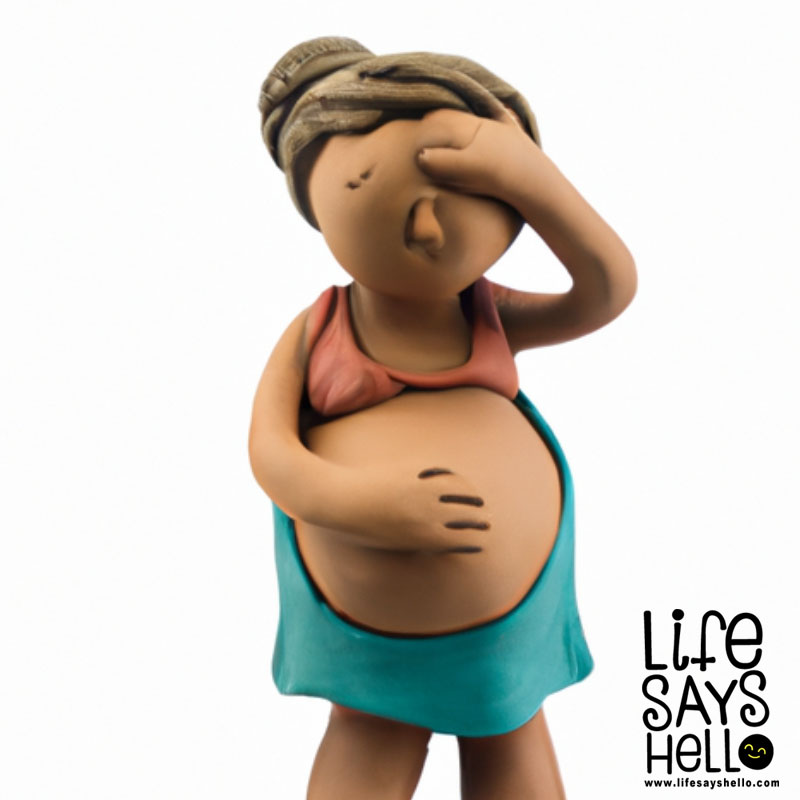Natural Relief: Home Remedies for Eosinophilic Granuloma in Cats

Eosinophilic granuloma complex (EGC) is a frustrating condition for cat owners, causing lesions and inflammation in cats. Conventional treatments like steroids can have side effects.
That’s why more owners are looking into natural remedies and home treatments to manage their cat’s EGC symptoms.
In this post, learn all about using diet changes, supplements, herbal therapies, and other natural methods to support your cat’s health and quality of life.
Understanding Eosinophilic Granuloma in Cats
Eosinophilic granuloma refers to a condition where certain white blood cells, called eosinophils, build up in tissues and cause inflammation and damage. This can result in raised, ulcerated lesions on a cat’s skin, mouth, gastrointestinal tract, or other body parts. EGC is an immune-mediated disease, though the exact causes are still being studied. Allergies, infections, and stress may trigger eosinophilic granulomas in susceptible cats.
Common symptoms of EGC in cats include:
- Skin lesions around the face, neck, chest, legs, and tail
- Ulcers in the mouth
- Poor appetite or difficulty eating
- Vomiting or diarrhea if lesions are present in the GI tract
- Lethargy, decreased activity level
To diagnose EGC, vets will take a biopsy of affected tissue and examine it under a microscope. They’ll look for an accumulation of eosinophils as confirmation. Bloodwork and imaging tests may also be recommended to check for lesions in internal organs.
Treatment of eosinophilic granuloma in cats often includes corticosteroids like prednisone to reduce inflammation. Antibiotics, antifungal medications, or other drugs that modulate the immune system may also be prescribed. These medications can cause side effects with long-term use. That’s why many owners look into natural remedies as a complementary treatment option.
The prognosis for cats with EGC varies. In mild cases limited to the skin, lesions may come and go. More widespread disease involving internal organs has a poorer prognosis. With treatment and monitoring, many cats can still live a normal lifespan with EGC.
Dietary Changes for Cats with EG
One of the top natural recommendations for cats with EGC is to transition them to an elimination diet trial. This involves feeding a novel protein and carbohydrate source that your cat has never eaten before. Novel protein diets for cats include:
- Kangaroo
- Rabbit
- Venison
- Duck
- Lamb
Grain-free carbohydrate options include tapioca, peas, and sweet potatoes. This elimination diet helps identify potential food allergies that could be triggering your cat’s EGC lesions. Feed the novel diet exclusively for 8-12 weeks under your vet’s guidance. If symptoms improve, you can likely identify an allergen trigger. Then slowly reintroduce ingredients one at a time while monitoring for any reactions.
Fish oil supplements are another great dietary addition for cats with EGC. Omega-3 fatty acids in fish oils help reduce inflammation. Always choose a supplement designed specifically for cats at the appropriate dosage. Discuss supplement recommendations with your veterinarian.
Feeding your cat a balanced, nutritious diet is important to support their overall health while managing EGC. Your vet may prescribe a therapeutic veterinary diet formulated for food sensitivities. Work closely with your vet and cat nutritionist to identify the optimal dietary plan.
Helpful Supplements for Eosinophilic Granuloma
Certain supplements may be beneficial complements to conventional treatment of EGC in cats. Some options to discuss with your vet include:
Fish oil - Anti-inflammatory omega-3s help reduce lesions and swelling. Look for EPA/DHA supplements made for cats.
Vitamin C - Potent antioxidant that can benefit the immune system and reduce inflammation. Use the esterified form.
Quercetin - Bioflavonoid with anti-inflammatory and antihistamine properties that may help with allergies.
Curcumin - Active compound in turmeric shown to have immune-modulating abilities. Use a feline formula.
Zinc - Zinc chelate supplements can help repair skin lesions and support the immune system.
Probiotics - Oral probiotics support healthy digestion and may reduce GI inflammation. Choose feline-specific strains.
Always consult your veterinarian before giving your cat any new supplement, especially alongside prescription medications. Work closely with your vet to determine safe dosages and monitor for any side effects. Give supplements consistently for at least 2-3 months to gauge effectiveness.
Herbal Remedies for Eosinophilic Granulomas
Certain herbal therapies may help modulate the immune system and reduce inflammation associated with EGC. Some herbs to ask your holistic vet about include:
Astragalus - May help regulate immune function and has anti-inflammatory effects. Also supports kidney health.
Reishi mushroom - An adaptogenic mushroom used in Traditional Chinese Medicine to boost immunity and reduce allergic reactions.
Cat’s claw - This woody vine contains compounds shown to have anti-inflammatory and immune-stimulating abilities.
Licorice root - Has soothing properties that may help with mouth ulcers and GI inflammation. Look for deglycyrrhizinated forms.
Calendula - Topical ointments with calendula may help heal skin lesions and provide relief from itching.
Slippery elm - The inner bark has demulcent properties that coat and soothe mucous membranes. May help with mouth and GI ulcers.
Always choose high-quality, pet-safe herbal products and work with a holistic vet trained in herbal medicine. Proper dosing for cats is imperative. Give herbs consistently for at least 4-6 weeks to determine if they help manage EGC symptoms. Monitor for any side effects like upset stomach or allergic reactions.
Additional Natural Treatments for Eosinophilic Granuloma
Some other complementary therapy options reported to help cats with EGC include:
Homeopathy - Very dilute natural substances are used to stimulate healing. Remedies are individually chosen based on your cat’s symptoms. Seek guidance from a trained homeopathic vet.
Essential oils - Oils like helichrysum and frankincense may reduce inflammation when applied topically diluted in a carrier oil. Never give cats essential oils internally.
Colostrum - Supplements made from bovine colostrum provide immune-modulating compounds that may be beneficial. Choose a purified feline formula.
Antioxidants - Vitamin E, vitamin C, and selenium can help reduce oxidative damage from chronic inflammation. Use cat-specific antioxidant complexes.
Acupuncture - May help reduce pain and inflammation associated with EGC lesions. Look for a certified veterinary acupuncturist.
Discuss these complementary therapies with your holistic vet to see if they might benefit your individual cat. Always monitor carefully for any adverse effects.
When to See the Veterinarian
While natural remedies can be very helpful for cats with eosinophilic granuloma complex, they should never replace conventional veterinary care and monitoring. It’s crucial to work closely with your vet to develop a comprehensive treatment plan.
See your vet promptly if your cat has any of the following:
- Sudden appearance of skin lesions
- Oral ulcers or trouble eating
- Loss of appetite or weight loss
- Lethargy or other signs of illness
- Worsening of symptoms while on treatment
Follow up regularly with your vet for recheck exams and lab tests to monitor your cat’s EGC. Report any positive or negative effects you notice from natural remedies or diet trials. Your vet can help adjust treatment plans accordingly. Don’t discontinue medications without guidance, as suddenly stopping steroids can be dangerous.
While natural treatments show promise for managing EGC, more research is still needed. Always involve your vet when considering complementary therapies. With conventional treatment and natural support, many cats can live happy lives despite this chronic condition. Stay hopeful and proactive!
Conclusion
Eosinophilic granuloma complex in cats can be frustrating to manage. But there are many natural treatment options available that may provide relief and complement standard veterinary care.
Dietary changes, omega-3 supplements, herbal remedies, antioxidants, and other alternative therapies can support your cat’s health. Work closely with both a traditional and holistic vet to find the best natural treatment protocol.
With patience and a holistic approach, you can improve your cat’s quality of life despite living with EGC.




Comments